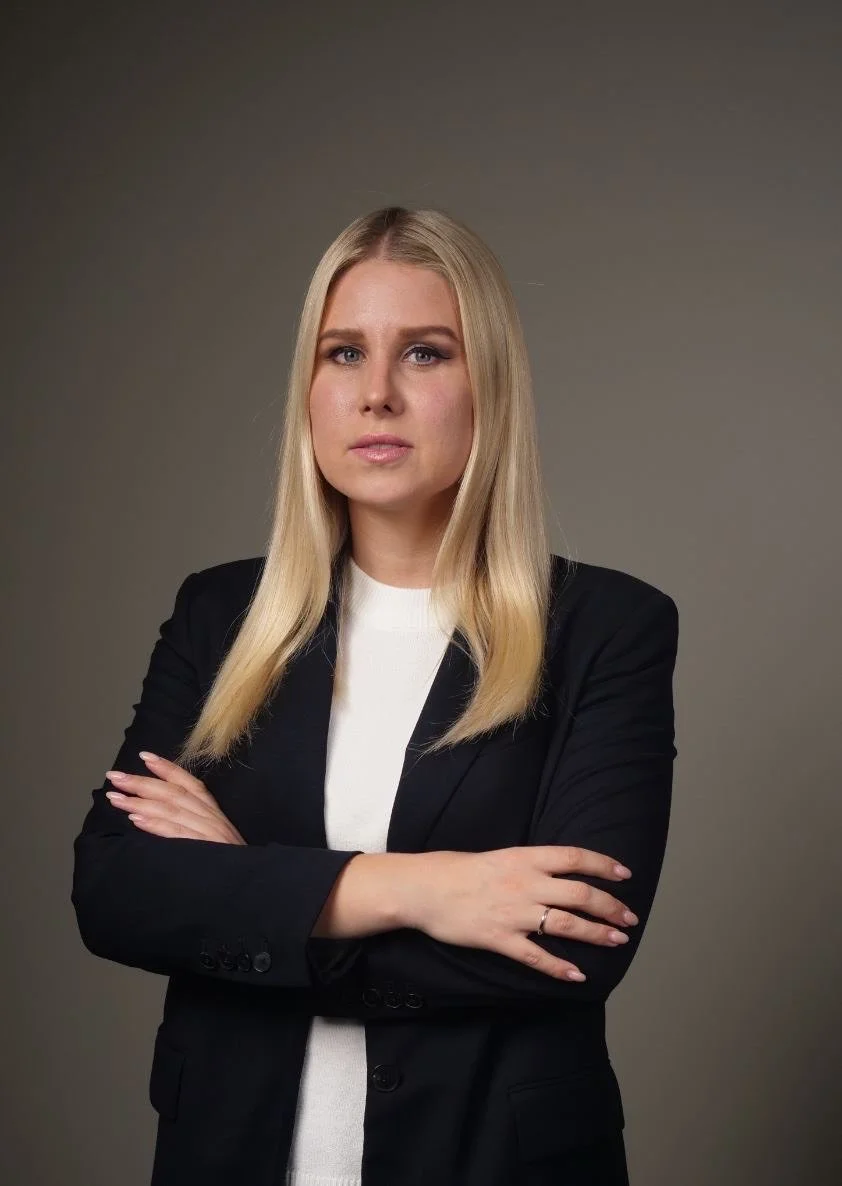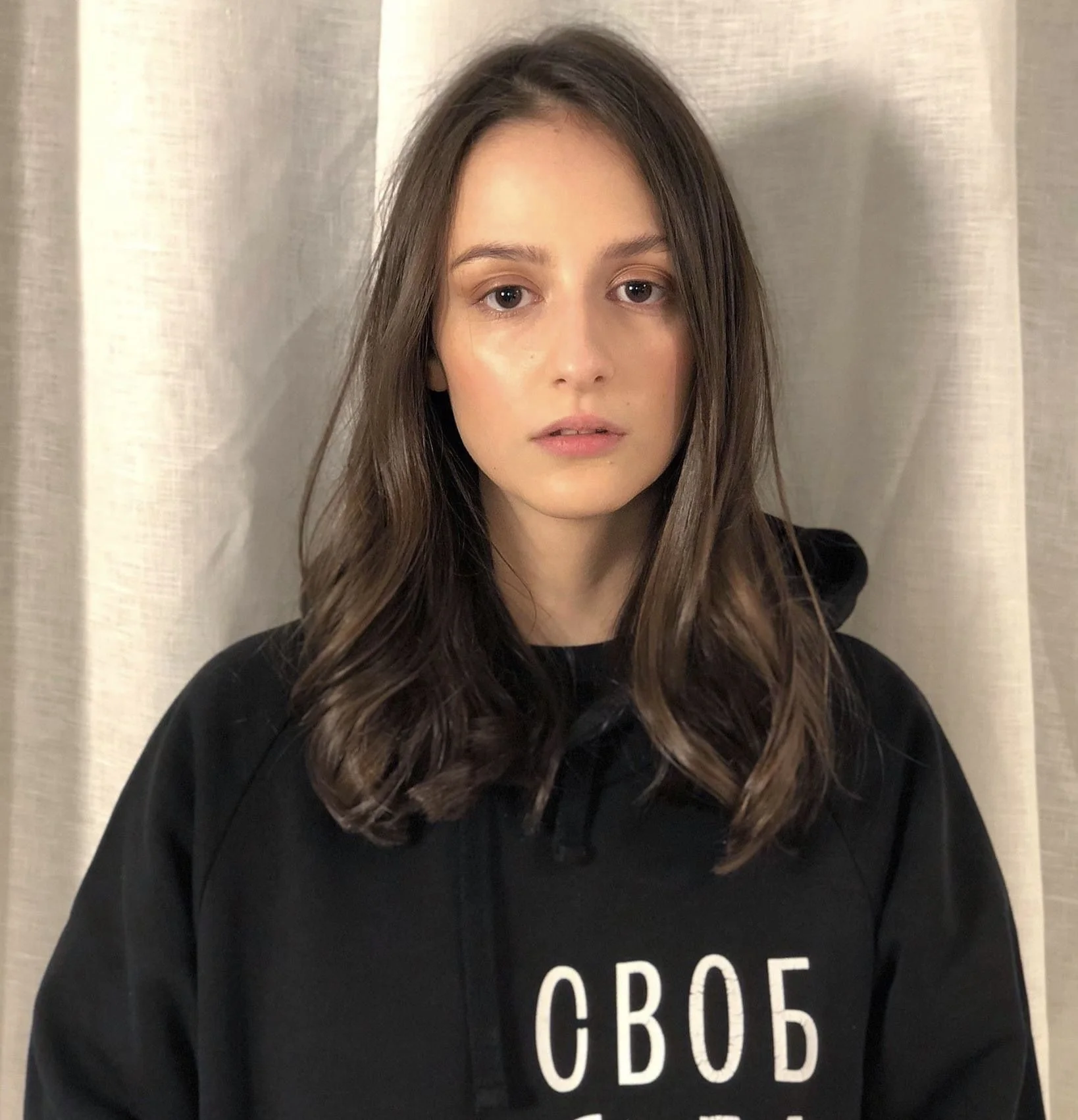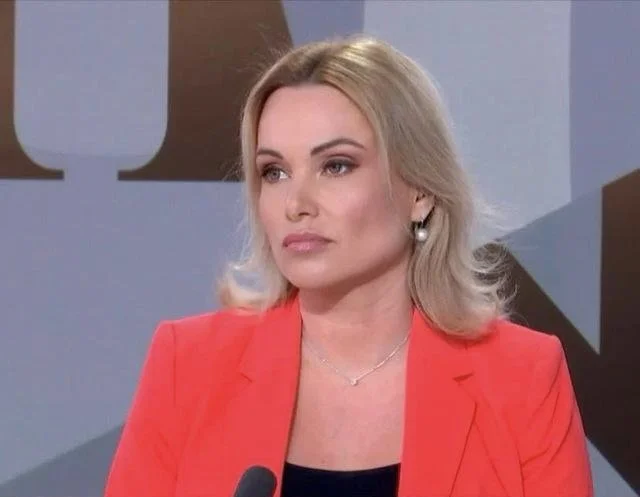"How to stop the Rise of the Far Right & when does the quest for cultural homogeneity turn into discrimination/racism/nationalism?"
Dr. Ulrich Brückner
Professor for European Studies at Stanford University
Karl Graf von Stauffenberg
German politician (FDP) and author
Willem Noë
Former European Commission Official
The World Forum on the Future of Democracy, Tech and Humankind, 19th–20th February 2024, Berlin
Call for action:
Empower Action: Identify ten potential leaders and support them. Inspire and mobilise individuals and organisations to take concrete actions that contribute to positive change in Russia, whether through advocacy, activism, or community organising.
Facilitate Dialogue: Support independent Russian journalism and media. Foster open, honest, and inclusive discussions on the challenges, opportunities, and priorities for Russia's future.
Human Rights and Rule of Law: Examine the state of human rights, media freedom, and judicial independence in Russia, and identify pathways for advancing the rule of law and protecting fundamental freedom
Video
VIDEO GOES HERE
Main outcomes:
Necessity for a consistent fight against all the authoritarian regimes. Consistency and sustainability are the only key to obtaining results.
Emphasis on continuing the struggles and legacies of figures like Alexei Navalny and others through non-violent resistance and hope.
Recognition of the courage and persistence of human rights defenders and activists around the world despite facing imprisonment, torture and even death. Same recognition must be acknowledged to who decides to secure himself from these tortures and chooses a different path to fulfil the struggle.
Call for more careful and consistent attention and action from the International community, especially in places like Cecenia and all the territories controlled by Russia.
Panel discussion summary
Moderated by Roman Badanin, an exiled Russian journalist and founder of Proekt media outlet, the panel featured prominent dissidents from Russia, including Lyubov Sobol, an opposition politician and lawyer; Nadya Tolokonnikova, a musician and political activist; Marina Ovsyannikova, a journalist; Lucy Sthein, a Pussy Riot activist; and David Isteev, a crisis response coordinator for the Russian LGBT Network.
The discussion delved into the pervasive impact of Putin's authoritarian regime on Russia, including political repression, erosion of civil liberties, centralization of power, and corruption. With the recent death of Alexei Navalny, a prominent opposition leader and anti-corruption activist, just three days prior to the panel, the conversation also explored the uncertain political and social landscape in Russia after Putin.
The panel began with a moment of silence to honor Navalny and all victims of Putin's regime. Lyubov Sobol articulated a vision for a post-Putin Russia characterized by freedom of speech, equal rights, fair elections, and a legal system built to serve the people. She drew inspiration from countries like Estonia and Poland that have successfully transitioned to democratic states.
Nadya Tolokonnikova encouraged young Russians to find ways to contribute to the fight against Putin's regime, whether through activism within the country or by seeking refuge abroad. She emphasized the importance of sustainability in their efforts to avoid burnout.
Lucy Sthein, a municipal deputy, described her approach to fighting Putin's regime within the legal framework of the country as a "political legal struggle." She highlighted the need to raise awareness about atrocities, such as mass killings and torture in Chechnya, and to combat propaganda.
Maryna Ovsyannikova focused on the challenges faced by Russian journalists, noting that many are fearful of speaking out against the regime due to financial repercussions. She described them as hostages of Putin's regime, striving to protect themselves and their families.
Overall, the panelists offered diverse perspectives on the future of Russia after Putin and emphasized the importance of continued activism, awareness-raising, and international solidarity in challenging authoritarianism and promoting democratic values.
Russia after Putin
Lyubol Sobol
Russian opposition politician, lawyer and a member of the Russian Opposition Coordination Council
Lucy Shtein
Pussy Riot activist and politically persecuted in Russia
Nadya Tolokonnikova
Russian musician, conceptual artist, and political activist. Founding member of the feminist group Pussy Riot
David Isteev
Crisis Response Coordinator, The Russian LGBT Network
Marina Ovsyannikova
Russian Journalist
Roman Badanin
Journalist and Researcher, Founder and Editor in chief of Proekt media outlet
The World Forum on the Future of Democracy, Tech and Humankind, 19th–20th February 2024, Berlin
Call for action:
Empower Action: Identify ten potential leaders and support them. Inspire and mobilise individuals and organisations to take concrete actions that contribute to positive change in Russia, whether through advocacy, activism, or community organising.
Facilitate Dialogue: Support independent Russian journalism and media. Foster open, honest, and inclusive discussions on the challenges, opportunities, and priorities for Russia's future.
Human Rights and Rule of Law: Examine the state of human rights, media freedom, and judicial independence in Russia, and identify pathways for advancing the rule of law and protecting fundamental freedom
Video
VIDEO GOES HERE
Main outcomes:
Necessity for a consistent fight against all the authoritarian regimes. Consistency and sustainability are the only key to obtaining results.
Emphasis on continuing the struggles and legacies of figures like Alexei Navalny and others through non-violent resistance and hope.
Recognition of the courage and persistence of human rights defenders and activists around the world despite facing imprisonment, torture and even death. Same recognition must be acknowledged to who decides to secure himself from these tortures and chooses a different path to fulfil the struggle.
Call for more careful and consistent attention and action from the International community, especially in places like Cecenia and all the territories controlled by Russia.
Panel discussion summary
Moderated by Roman Badanin, an exiled Russian journalist and founder of Proekt media outlet, the panel featured prominent dissidents from Russia, including Lyubov Sobol, an opposition politician and lawyer; Nadya Tolokonnikova, a musician and political activist; Marina Ovsyannikova, a journalist; Lucy Sthein, a Pussy Riot activist; and David Isteev, a crisis response coordinator for the Russian LGBT Network.
The discussion delved into the pervasive impact of Putin's authoritarian regime on Russia, including political repression, erosion of civil liberties, centralization of power, and corruption. With the recent death of Alexei Navalny, a prominent opposition leader and anti-corruption activist, just three days prior to the panel, the conversation also explored the uncertain political and social landscape in Russia after Putin.
The panel began with a moment of silence to honor Navalny and all victims of Putin's regime. Lyubov Sobol articulated a vision for a post-Putin Russia characterized by freedom of speech, equal rights, fair elections, and a legal system built to serve the people. She drew inspiration from countries like Estonia and Poland that have successfully transitioned to democratic states.
Nadya Tolokonnikova encouraged young Russians to find ways to contribute to the fight against Putin's regime, whether through activism within the country or by seeking refuge abroad. She emphasized the importance of sustainability in their efforts to avoid burnout.
Lucy Sthein, a municipal deputy, described her approach to fighting Putin's regime within the legal framework of the country as a "political legal struggle." She highlighted the need to raise awareness about atrocities, such as mass killings and torture in Chechnya, and to combat propaganda.
Maryna Ovsyannikova focused on the challenges faced by Russian journalists, noting that many are fearful of speaking out against the regime due to financial repercussions. She described them as hostages of Putin's regime, striving to protect themselves and their families.
Overall, the panelists offered diverse perspectives on the future of Russia after Putin and emphasized the importance of continued activism, awareness-raising, and international solidarity in challenging authoritarianism and promoting democratic values.









